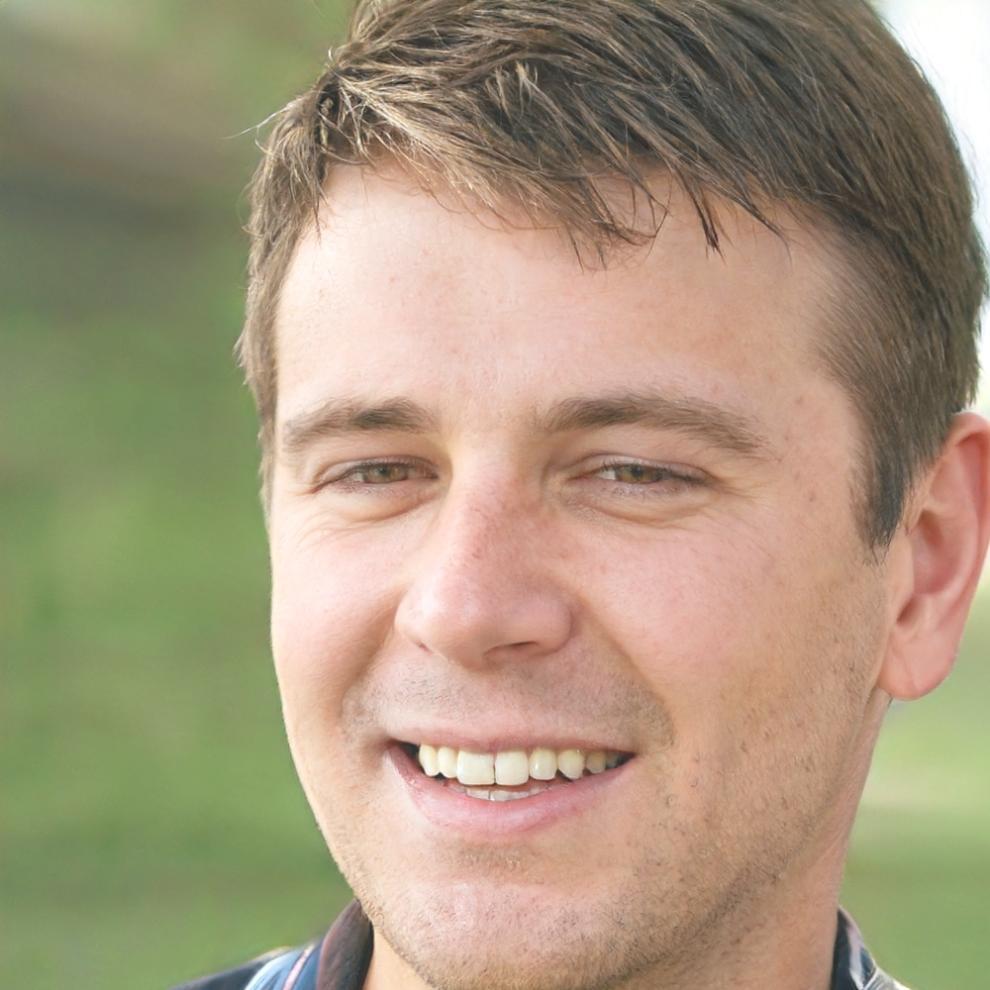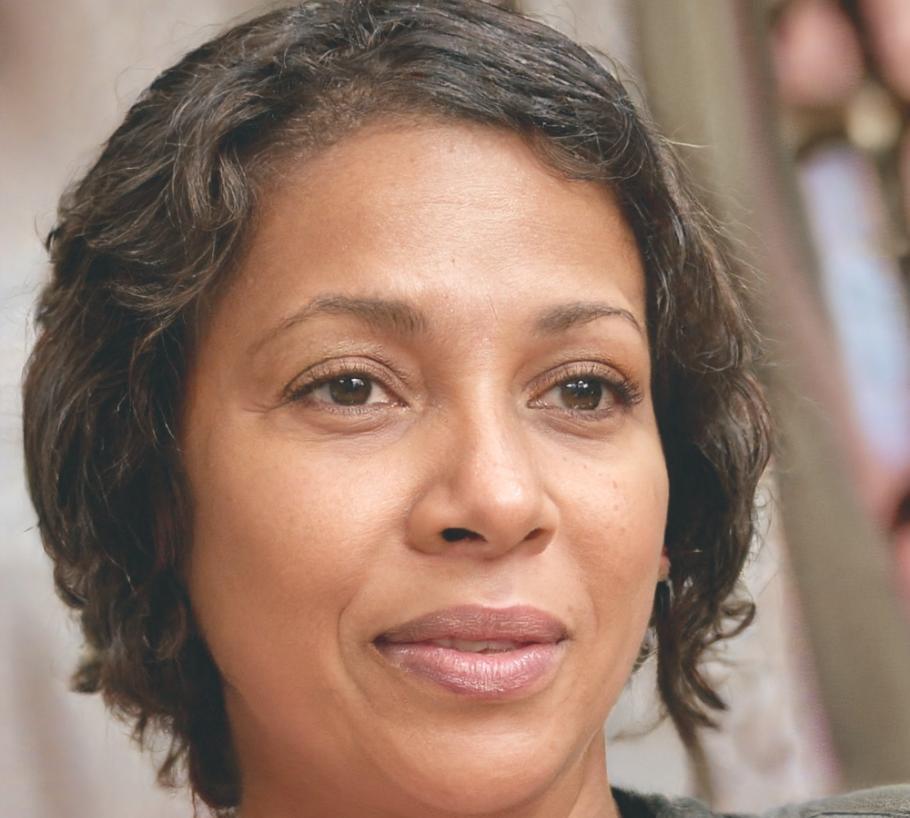Build Real Budget Skills That Last
Most people think annual budgeting means sitting down once in January, throwing together some numbers, and hoping for the best. That approach fails by March.
We teach a different method. One that actually works for Australian households facing real financial pressures. Our program runs from August through September 2025, giving you practical tools before the new financial year hits.
You'll learn from people who've spent years helping families navigate mortgage stress, rising costs, and income uncertainty. No fluff. Just methods that work when money gets tight.

What You'll Actually Learn
Six modules that build on each other. Each one tackles a specific problem Australian families face when trying to manage money through the year.
Income Reality Check
Map your actual income patterns. Not what you hope to earn, but what reliably comes in. We cover irregular pay, side work, and seasonal variations that most budget templates ignore.
Week 1-2Fixed Costs Framework
Identify every recurring expense. Mortgage or rent, utilities, insurance, subscriptions. Then figure out which ones you can actually reduce and which you're stuck with.
Week 3-4Variable Spending Patterns
Track where your discretionary money really goes. Food, fuel, entertainment. Most people underestimate this by 30-40%. We'll show you how to measure it accurately.
Week 5-6Emergency Buffer Building
Create a realistic emergency fund. Not the impossible six-month ideal, but something you can actually achieve that still protects you when the car breaks down.
Week 7-8Annual Expense Anticipation
Plan for predictable irregular costs. Rates, insurance renewals, school expenses, holiday spending. The stuff that wrecks budgets when people forget it's coming.
Week 9-10Review Systems
Set up monthly and quarterly reviews that take 20 minutes, not hours. Adjust as life changes without starting from scratch every time.
Week 11-12Who's Teaching This
Four financial professionals who work with everyday Australians. They've seen every budgeting mistake imaginable and know what actually helps people stay on track.

Declan Byrne
Lead InstructorSpent twelve years as a financial counsellor in regional Tasmania. Declan specializes in helping families recover from budget failures and build systems that survive unexpected expenses.

Saskia Pienaar
Income Planning SpecialistWorks primarily with freelancers and small business owners who have variable income. Saskia teaches methods for budgeting when you can't predict next month's earnings.

Lachlan Kowalski
Expense Tracking ExpertFormer accountant who now focuses on practical money management. Lachlan breaks down complex tracking systems into simple daily habits that actually stick.

Freja Lindholm
Savings StrategistHelps people build emergency funds on tight budgets. Freja's methods focus on small, consistent actions rather than dramatic lifestyle changes that never last.
Applications Open May 2025
Places are limited to 30 participants per intake. We keep groups small so instructors can provide individual feedback on your budget setup. Registration opens first week of May.
Get Intake Information